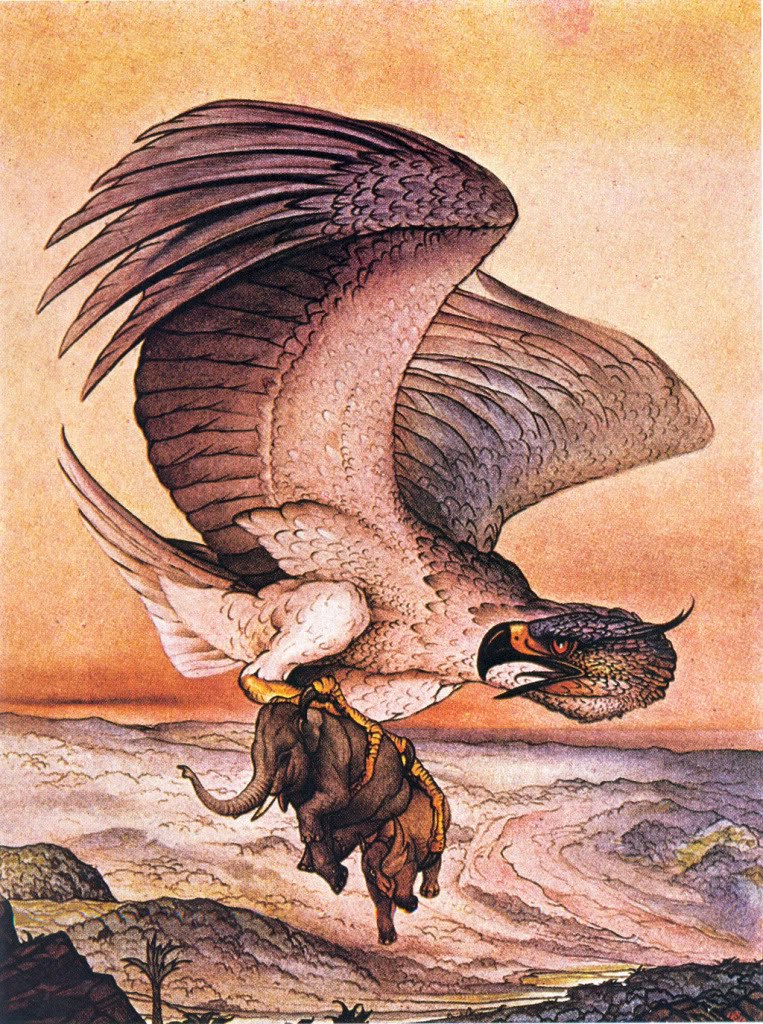Note: If you wish to receive, via e-mail, (1) my weekly newsletter or (2) daily copies of these posts, notify me at rrbates1951@gmail.com and indicate which you would like. I promise not to share your e-mail address with anyone. To unsubscribe, send me a follow-up email.
Friday
The Christmas bird count began yesterday (Dec. 15-Jan. 5), leading to a slew of bird stories, including one about how the American Ornithological Society will be renaming a number of birds that currently carry people’s names. These include the Cooper’s hawk, the Bachman’s sparrow, and the Townsend warbler.
Some of the renaming is because the original people were awful. John Kirk Townsend, for instance, stole skulls from Navaho graves in the 1800s to promote his theory that they were racially inferior while John Bachman once wrote that “the Negro will remain as he is, unless his form is changed by an amalgamation, which … is revolting to us. That his intellect … is greatly inferior to that of the Caucasian, and that he is, therefore … incapable of self-government. That he is thrown to our protection. That our defense of slavery is contained within the Holy scriptures.”
The broader rationale about changing names is that birds don’t belong to people. And except for the minor inconvenience of learning new names, the name changes could be good, especially if they’re imaginative.
Anyway, I use the seasonal bird count as an excuse to share one of my father’s poems about a very unusual sighting. Scott Bates was an ardent birdwatcher, and occasionally he would merge this passion with his annual Christmas poem, as he did when he imagines a couple having a roc sighting.
Sinbad the Sailor describes the Roc in the Arabian Nights—it is so large that it preys on elephants—and even hitches a ride with the bird. And now George and May have a new bird for their life list.
And if this seems unlikely, as it does to their fellow birdwatchers, just remember that Christmas is a time for miracles.
A Roc for Christmas
By Scott Bates
It came as something of a shock
When George and May put down “One roc”
On the list of the annual Christmas count
Of our Audubon Club in Marymount–
But they weren’t kidding. They were serious
And didn’t hear jokes from the rest of us
Like “you got rocs in your head?” or “where’s the djinn?”
Or “where in the heck have you two been?”
–Or whether they’d seen too much Jim Crow
Or an ornithological UFO–
They were in a daze. Oblivious.
In the garbage dump at five o’clock
George and May had seen a roc.
George saw it first. He was coming around
The fence at the village dumping ground
In gathering dusk when he cried aloud
As something rose up like a great gold cloud
Or like the sun—but it wasn’t the sun
(Which just at that moment was going down),
It was a hawk—a humongous hawk,
A hawk as big as a city block,
With golden wings and a silver tail
And a body as big as a humpbacked whale
And a glow on its wings of a million lights
Like the stars in all the Arabian Nights
And a sound in its wings like the rising sea
And a crest like a blazing Christmas tree
With a flashing eye that became a star
Like the star that was followed by Balthazar
As it flew away with tremendous speed
“To the court of the Caliph Haroun el Raschid,”
Said May with a shiver. And she was sure
That it left behind it a scent of myrrh. . . .
–Well, no one believed them. But we could see
They had had some sort of epiphany,
And we felt a kind of sadness then
Like the feeling you had at the age of ten
When you knew that you’d never believe again;
So we left the roc on the record to stay–
For, whatever the sighting of George and May,
They gave us a sighting that you can bet
The Audubon Club won’t soon forget. . . .


